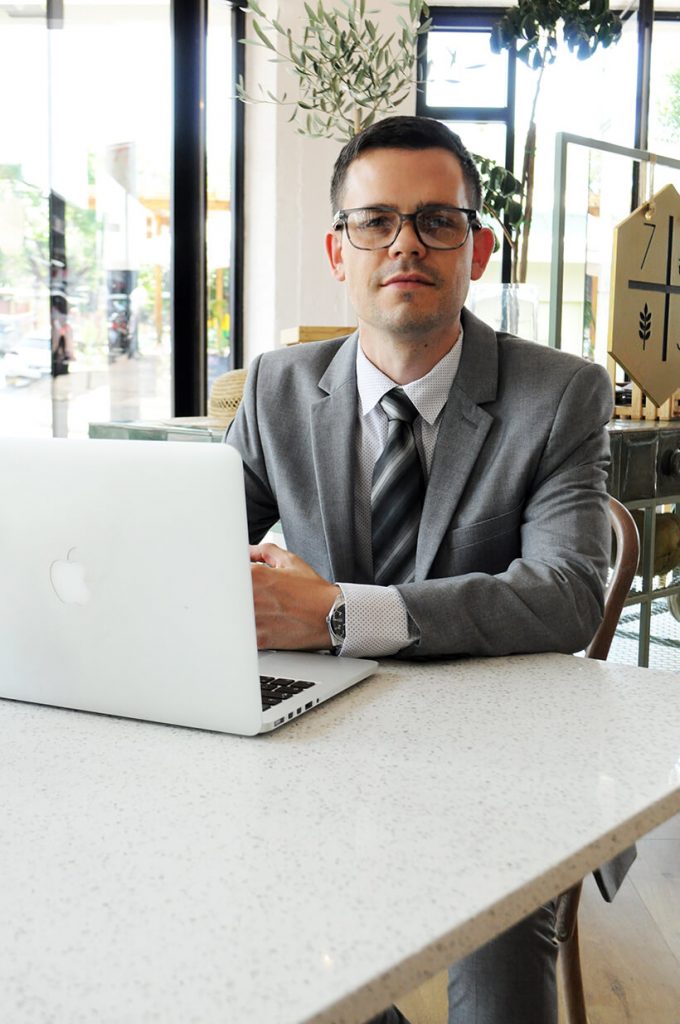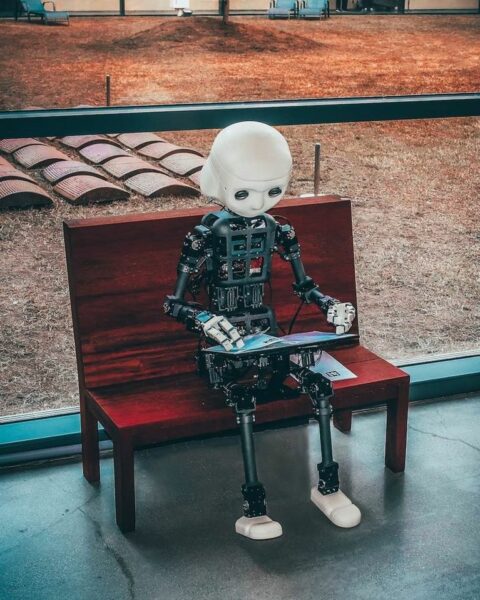Technology, Solutions and Innovations
Plan For The Next Disaster
One of the main lessons arising from the COVID-19 pandemic is that we need to do scenario planning where we make assumptions about the future and plan for the next disaster.
This is according to Jean-Pierre Murray-Kline, a change expert and Industry 4.0 and IoT specialist, who presented a keynote address, “Lessons for the Future Thinker from the Coronavirus”, at a recent virtual event hosted by PaySpace and titled POWER Conference 2020.
“Global leaders have known about viruses such as COVID-19 for a very long time,” says Murray-Kline. “Since the 1980s, Mother Nature has given humanity plenty of warnings, such as the SARS endemic, which although bad, caused few economic ramifications.
“Change seems to only happen at the last minute. When we decide to do it, it’s often not the best choice. There are bad decisions, there is naivety, but by far, the worst is ignorance,” he says. “We destabilise our society by digging the ground beneath our feet to fuel our current needs, priorities, and values.
“The straw that broke the camel’s back was this virus, and despite a very low mortality rate it has managed to spark a global wave of fear. No country was prepared for the ripple effects. This is mainly because our social, economic and political structures are no match for this virus. The sad reality is that we hit humanity’s iceberg and the lifeboats we’re relying on, such as our governments and our economy, were as inadequate as the Titanic. We believed we couldn’t flounder, now we’ve hit the bottom of the ocean,” Murray-Kline says.
“A healthy population with good access to medical care would have been the only thing that could have significantly reduced total deaths,” says Murray-Kline. “But we acted too late and spent too much time squabbling about the past to adequately prepare for the future.”
However, no one had enough information or experience to make predictions, and no decisions had any level of certainty. At some point, SA’s leaders were advised there would be 8 million infections and 40 000 deaths by mid-August. Worldwide reports were saying during the first wave of the virus, 21 million people were going to need hospitalisation and between 20 to 60 per cent of the global population would be infected with around 14 to 42 million deaths.
Murray-Kline says we can’t be too upset with our government and believes they had the general wellbeing of our people in mind. They made both good and bad decisions, but, ultimately, we need to be responsible for ourselves.






 Sign-up and receive the Business Media MAGS newsletter OR SA Mining newsletter straight to your inbox.
Sign-up and receive the Business Media MAGS newsletter OR SA Mining newsletter straight to your inbox.